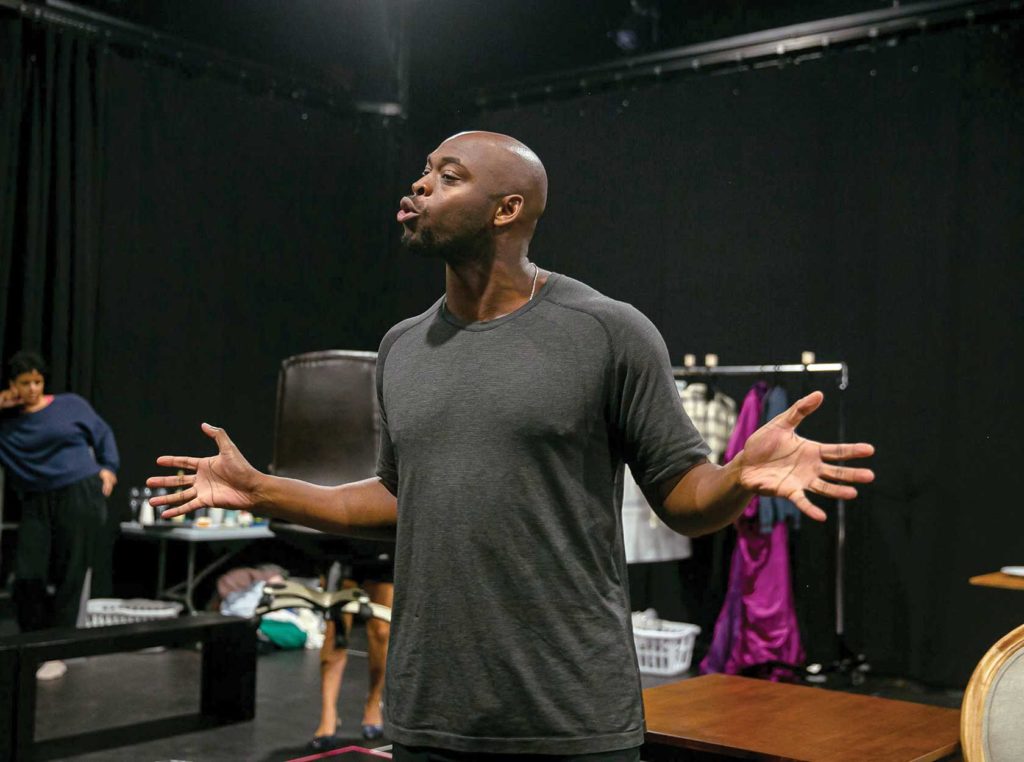Anna Deavere Smith’s ‘Twilight: Los Angeles, 1992’ at A.R.T.
A reminder that little has changed in aftermath of Rodney King 30 years ago

Starting Aug. 28, the words of more than 40 Los Angeles community members impacted by the brutal police beating of Rodney King in 1992 will echo through the American Repertory Theater. “Twilight: Los Angeles, 1992,” written by Anna Deavere Smith and directed by Taibi Magar, uses direct testimony from people affected by the Rodney King riots to bring multiple perspectives to the stage.
Smith originally performed the production as a solo show, embodying all the characters herself. In this rendition, five actors play the characters. The production is meant to bring audience members out of their own perspectives and into a middle ground where discussions can be had about complex issues like racism and police brutality.
“It really does feel like you’re not just hearing an interview that someone did on a TV screen; it feels like you’re sitting at a café with this person, right next to them, who’s from a very different background from you,” says Tiffany Rachelle Stewart, one of the five cast members in the show. “I think that’s what’s so special about ‘Twilight: Los Angeles’ and what makes it so relevant today.”
While writing the play, Smith conducted 320 interviews. Many of the sentiments expressed in the play are still very much alive, as police brutality cases continue to occur and to be handled without justice. For all the ways the world has changed since 1992, in some of the most important ways it has not.
In the show’s diverse casting, the actors don’t always play characters of their own race, experience or perspective. “It’s something for them to have to see an Asian American body saying certain things, a Black male body saying certain things, a white male body expressing certain things,” says Stewart. “And each audience member has to grapple with their own assumptions, their own hardness, and I think that’s the beauty of having multiple people do it.”
“Twilight” does not aim to solve the problems of racism and police brutality, which Smith notes in a statement, cannot be solved just by talking. It aims to discuss how we can assemble people together in the same space to have these dialogues in the first place. At A.R.T., there will be hundreds of audience members in one space, viewing performances through September 24. Perhaps assembling a large group of people and having them listen to varied perspectives will be the start of something new.
“I hope the audience takes away a curiosity about their own capacity to lean in, as opposed to just the exhaustion that we all feel around these issues,” says Stewart. “I hope people see the theater as a safe space where they can do something risky and talk to each other.”









